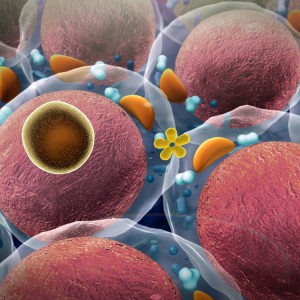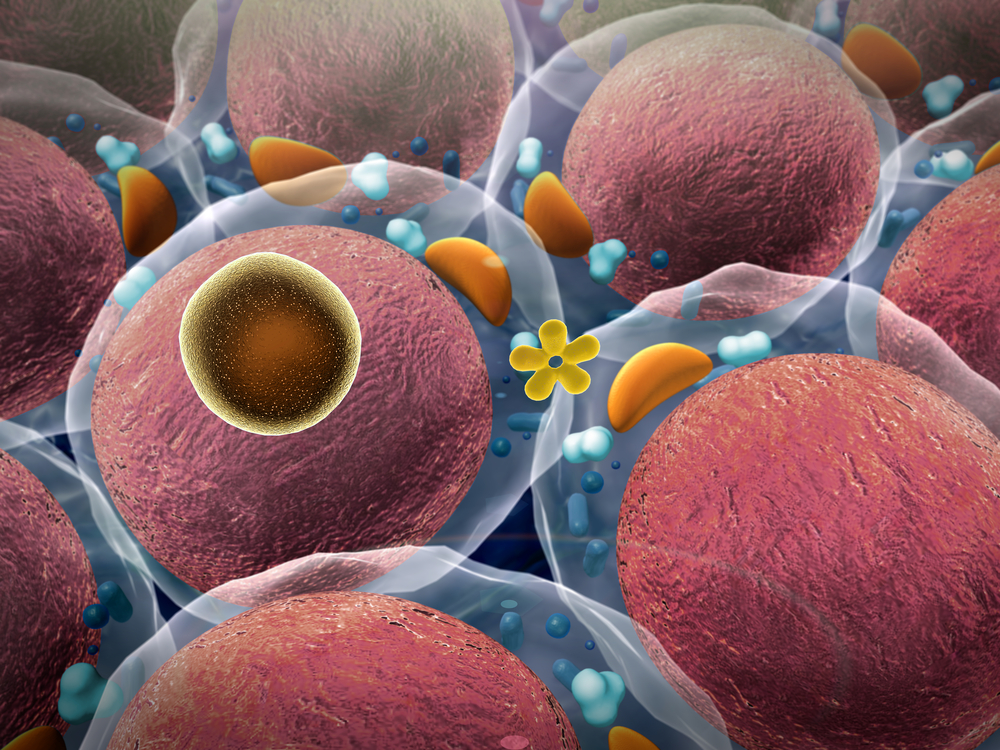 A new study entitled “Loss of SIRT1 Promotes Prostatic Intraepithelial Neoplasia, Reduces Mitophagy and Delays PARK2 Translocation to Mitochondria” showed the histone deacytylase SIRT1 acts as a tumor suppressor and inhibits the formation of early prostate cancer in mice. The research was published in The American Journal of Pathology.
A new study entitled “Loss of SIRT1 Promotes Prostatic Intraepithelial Neoplasia, Reduces Mitophagy and Delays PARK2 Translocation to Mitochondria” showed the histone deacytylase SIRT1 acts as a tumor suppressor and inhibits the formation of early prostate cancer in mice. The research was published in The American Journal of Pathology.
Prostate cancer is currently the second leading cause of death among men cancer patients (the first is lung cancer), with a rate of 27,000 deaths every year. However, the triggering genes for prostate cancer formation are still ill-defined. Recently, SIRT1, a member of the sirtuin family, a group of sodium-dependent histone deacytylases, was suggested to either potentiate or repress the proliferation of cancer-cells in a cell-type specific manner.
In this study, the authors generated a mouse model that lacks SIRT1 and discovered that these mice were more prone to develop prostatic intraepithelial neoplasia (PIN), i.e., a condition characterized by an abnormal morphology of prostate epithelial cells under the microscope and defined as an early form of prostate cancer.
The researcher team showed that the lack of SIRT1 in this mouse model triggered the accumulation of intracellular reactive oxygen species (ROS), due to the decreased activity of the mitochondrial superoxide dismutase 2 (SOD2), a key enzyme that converts toxic superoxide to the less reactive, thus less damaging, hydrogen peroxide. Additionaly, the authors identified an increase in mitochondria degradation, a process called mitophagy, in mice that did not have SIRT1.
The authors suggest that SIRT1 works as a tumor suppressor due to its inhibitory activity of ROS production and accumulation, allowing the maintenance of mitochondria, by controlling both authophagy/mitophagy processes. They suggest that the induction of both processes in SIRT1 knock-out mice may promote the accumulation of nutrients leading to uncontrolled epithelial cell growth.
Dr. Richard Pestell, M.D., Ph.D., MBA, executive Vice President of Thomas Jefferson University and Director of the Sidney Kimmel Cancer Center and study leading author commented in a news release, “Using genetic deletion we found that SIRT1 normally restrains prostatic intraepithelial neoplasia in animals. Therefore too little SIRT1 may be involved in the cellular processes that starts human prostate cancer. As we had shown that gene therapy based re expression of SIRT1 can block human prostate cancer tumor growth, and SIRT1 is an enzyme which can be targeted, this may be an important new target for prostate cancer prevention.”

